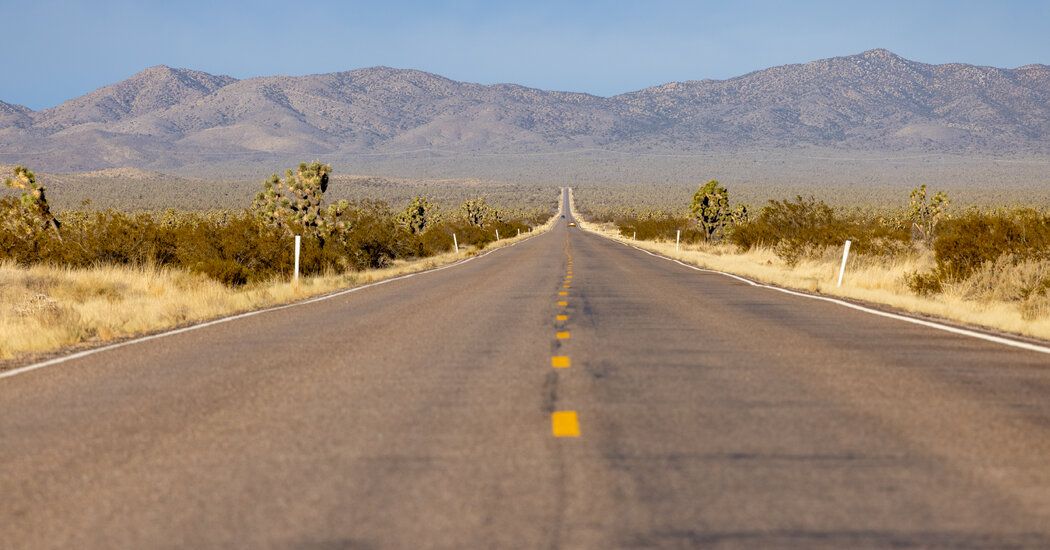‘Tis the season for vacations
Allow me to advocate that the ultimate travel experience isn’t found in lounging at a beach resort but in embarking on a journey into a different world. While relaxation has its place, nothing compares to the exhilaration of a voyage of discovery and the invaluable education that accompanies it.
Mark Twain famously remarked that “travel is fatal to prejudice, bigotry, and narrow-mindedness.” Embracing this philosophy, I’ve consistently encouraged young Americans to consider taking gap years before college or spending their junior years abroad. One high school reader of a related essay, Spencer Cohen, was inspired to spend a gap year partly in Japan, ultimately becoming an Asia expert and a colleague at The Times.
However, travel does come with risks, though these are often less about violence (the U.S. has more guns than many other countries) and more about the potential of losing your passport or credit cards. Therefore, I advocate for both travel and caution. During a recent book tour, I was frequently asked about travel advice mentioned in my memoir. Here are a few tips for this vacation season:
- 1. Seek the Unfamiliar: The most memorable travel experiences often come from encountering something truly unfamiliar. Instead of following the crowds in Paris, consider destinations like Indonesia, Ghana, India, Nepal, Vietnam, Morocco, and Bolivia. These places are generally safe, far more affordable than Europe, and offer unforgettable experiences. I’ll never forget venturing deep into the Potosí silver mines in Bolivia, exploring a grim slave castle in Ghana that dispatched prisoners to slavery in America, or learning to use a blowgun while staying with families in their longhouse in Indonesia’s Borneo rainforest. The world awaits!
- 2. Discover Cultural Distances at Home: Some of the most culturally distant places may be right here in the United States. A teenager from a wealthy family in New York or Boston would find a completely different world by taking a ranch job in Wyoming. This type of travel is not only affordable but can also be financially rewarding.
- 3. Embrace Spontaneity: While studying law in 1982, I spent five weeks backpacking through the Middle East and met a couple of Palestinian students on a West Bank bus. I spontaneously jumped off at their stop and spent an unforgettable day in their refugee camp, listening to their frustrations and dreams. I wrote about reuniting with them last fall. Similarly, while on a bus in the Sahara, I accepted an Algerian man’s invitation to visit his village, which turned out to be a network of underground burrows designed to protect families from extreme heat—an architectural marvel. In each instance, I was with friends, which made it feel safer to engage with strangers, but one should always balance spontaneity with caution.
- 4. Adventure Knows No Gender: It’s often said that adventurous travel is just for men, but some of the most accomplished foreign correspondents and overseas photographers are women, as are a majority of Peace Corps volunteers. As a man, I don’t encounter the same risks women face, but I’ve seen female travelers—often from Australia and New Zealand—thriving in the remotest corners of the world. Some recommend purchasing a cheap wedding ring; a $20 band and a fabricated husband can help deter unwanted attention.










